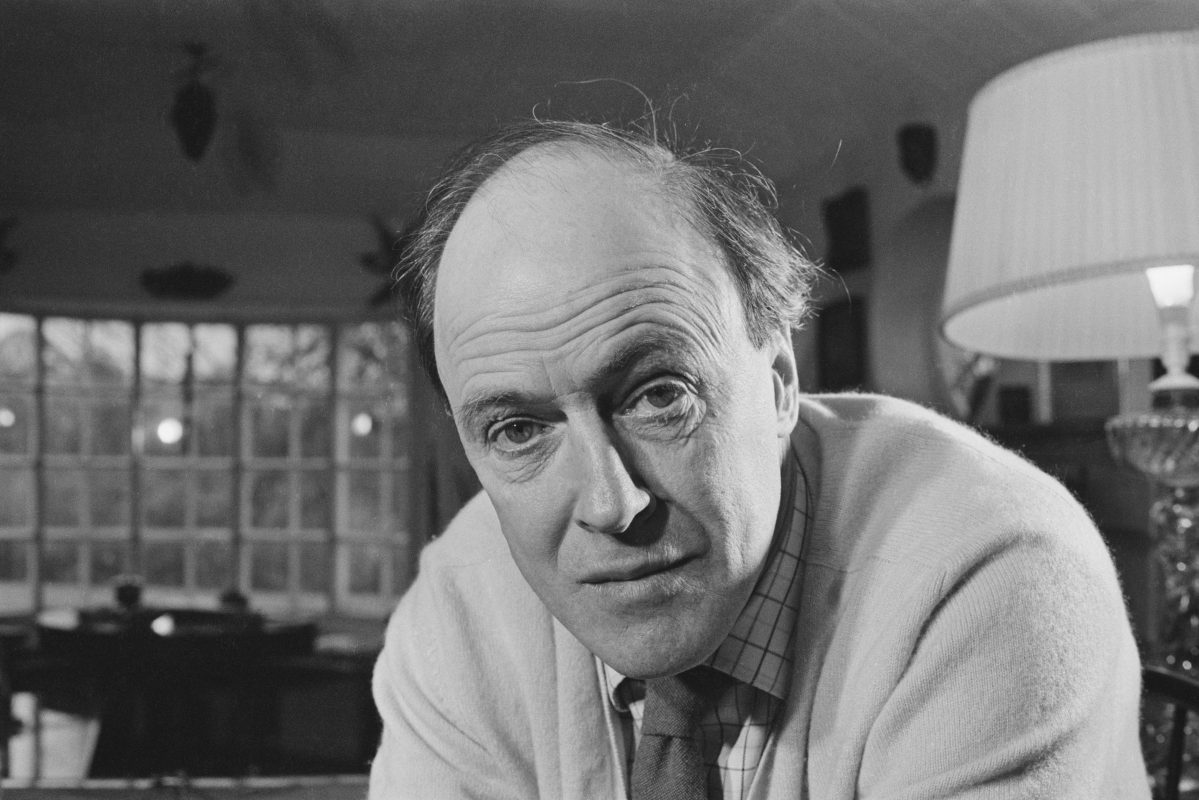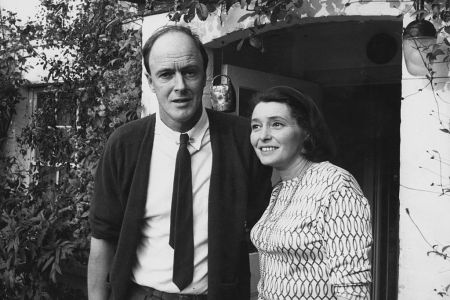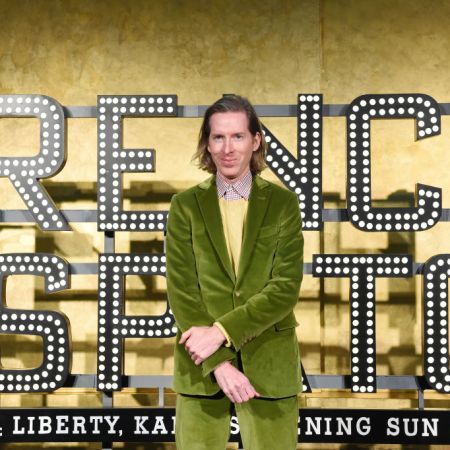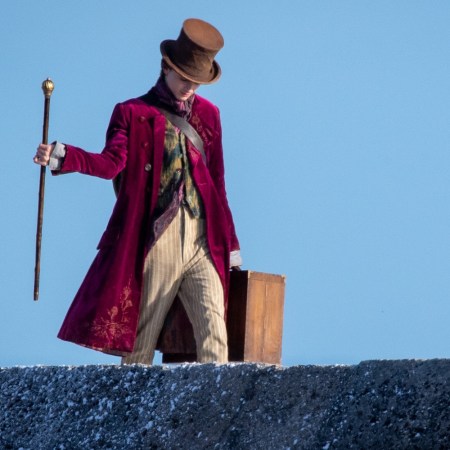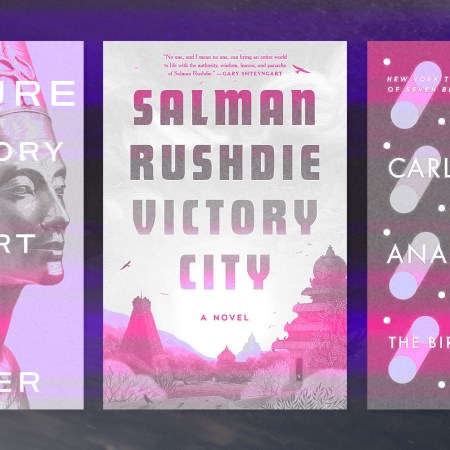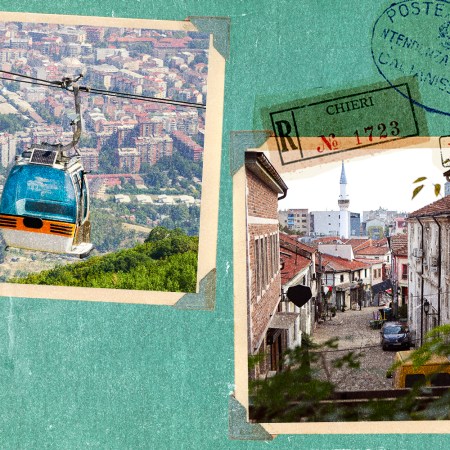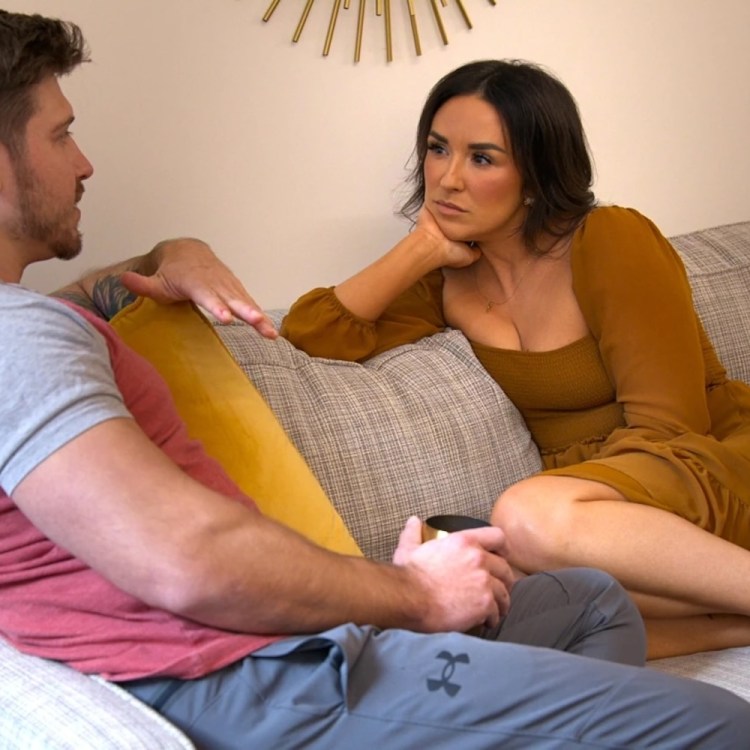It’s not too often that both sides of the culture wars find themselves in agreement on a particular topic, and yet here we are: pundits, authors and fans on all sides of the political spectrum have spoken out about Puffin Books’s decision to make significant edits and rewrites to the work of children’s book author Roald Dahl’s work and remove any potentially offensive language.
As the New York Times reports, the Roald Dahl estate partnered with Inclusive Minds, an organization “that champions diversity and accessibility in children’s literature,” to make edits to at least 10 of the author’s 19 books. Among those changes? Certain characters are no longer referred to as “fat” or “ugly,” Matilda no longer is a fan of Joseph Conrad and Rudyard Kipling — opting for Jane Austen instead — and several references to “mothers” and “fathers” have been changed to “parents” or “family.”
Current editions of Dahl’s books published by Puffin also feature the following disclaimer at the bottom of the copyright page: “Words matter. The wonderful words of Roald Dahl can transport you to different worlds and introduce you to the most marvelous characters. This book was written many years ago and so we regularly review the language to ensure that it can continue to be enjoyed by all today.”
A disclaimer that the books were written many years ago (and thus include some outdated language that may now be considered to be offensive or less-than-inclusive) would have sufficed. But scrubbing them from the books entirely and pretending like they never existed doesn’t do anything to educate future generations, just like removing Gone With the Wind from a streaming service entirely instead of providing additional historical context is simply another way to sweep its racism under the rug.
And throwing the baby out with the bathwater also provides some logistical concerns. “There are millions, probably, of his books in secondhand editions in school libraries and classrooms,” Philip Pullman, author of the His Dark Materials trilogy, pointed out to the BBC. “What are you going to do about them? All those words are still there. You going to round up all the books and cross them out with a big black pen?”
Roald Dahl’s Family Issues Apology for Roald Dahl’s Anti-Semitism
Remarks Dahl made during his life have offended manyAs several others pointed out on social media, editing Dahl’s work when he’s no longer alive to protest the changes also sets a dangerous precedent. As Suzanne Nossel, chief executive of PEN America, wrote on Twitter, “Those who might cheer specific edits to Dahl’s work should consider how the power to rewrite books might be used in the hands of those who do not share their values and sensibilities.”
Salman Rushdie was even blunter: “Roald Dahl was no angel but this is absurd censorship,” he wrote. “Puffin Books and the Dahl estate should be ashamed.”
Per the “angel” remark: Rushdie is probably referring to Dahl’s blatant anti-Semitism. It begs the question: if his estate is suddenly so concerned with respectability and inoffensiveness, is continuing to publish his work at all a tad hypocritical? By their own standards, would Dahl himself be too controversial to be included in Matilda’s reading list, for example?
The debate over whether it’s possible to separate the art from the artist is one that will likely rage on for centuries, but we can all agree that altering the existing art of problematic creators isn’t the right solution.
Thanks for reading InsideHook. Sign up for our daily newsletter and be in the know.
